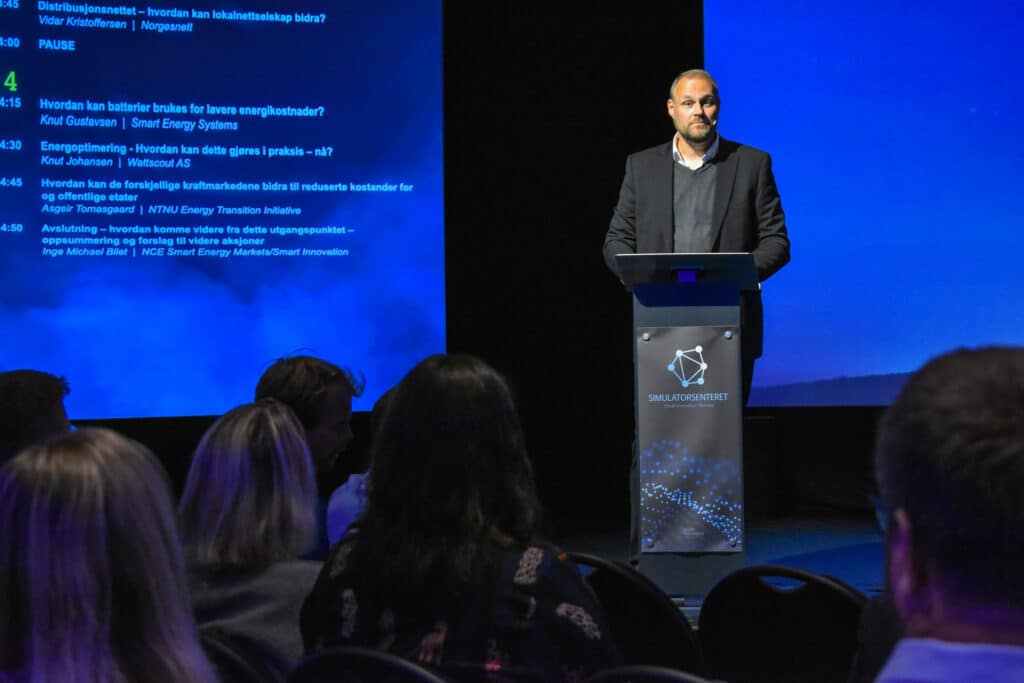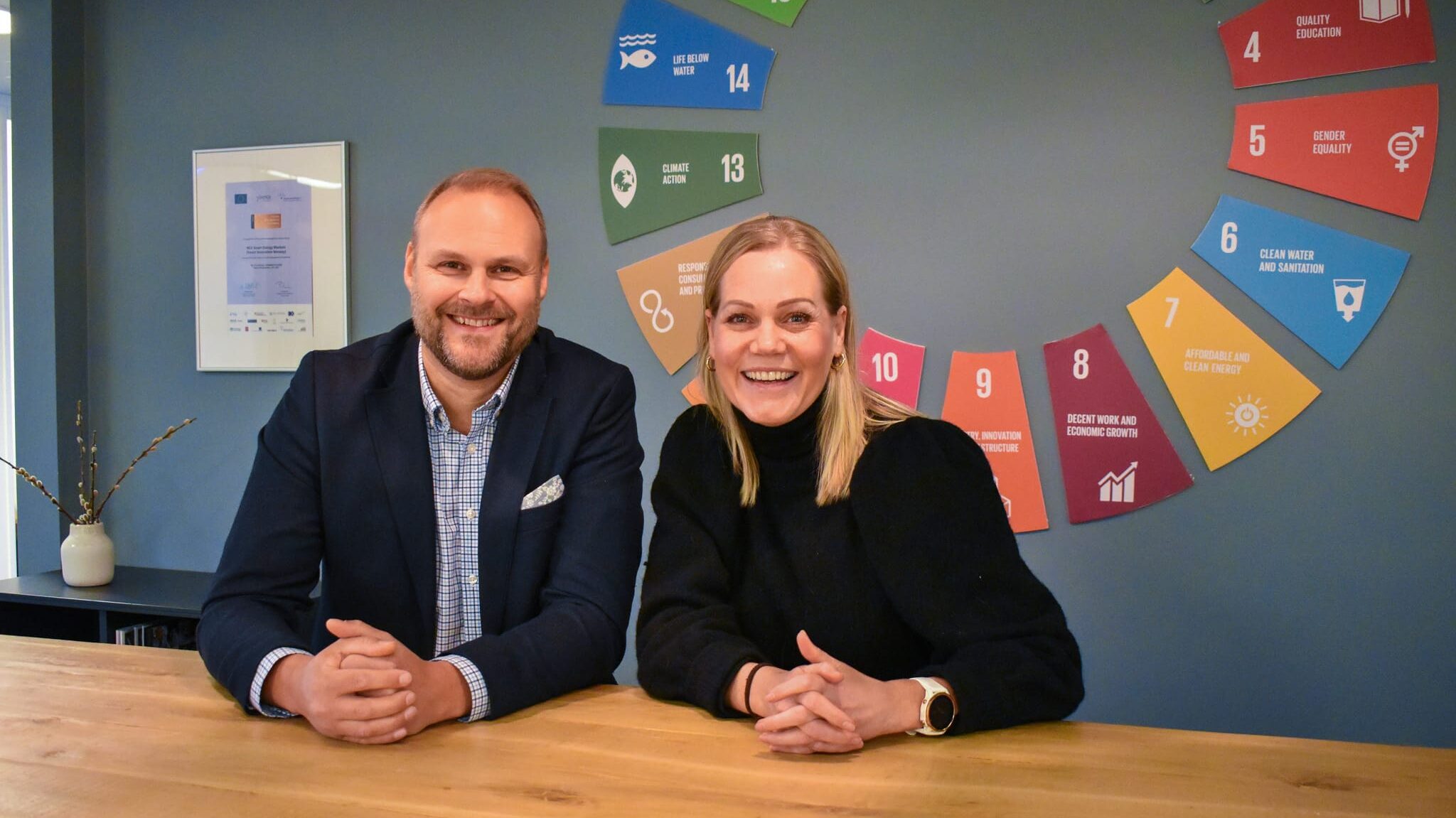
The climate crisis and the world's need to take it seriously represents a huge business opportunity in an area where Norway has considerable expertise, namely climate-friendly energy technologies.
Through the report "The renewable industry exports: A commitment to increased exports towards 2030", the industry cluster NCE Smart Energy Markets, together with several others, wants to tell the authorities that the renewables industry represents a huge export potential. In total, we are talking about NOK 200 billion.
- We're not talking about exporting renewable energy, i.e. electricity, per se. It's about expertise and technology. The report presents Norway's export opportunities in renewable energy and identifies five competitive advantages," says Inge Bilet, cluster manager for NCE Smart Energy Markets.
The competitive advantages are defined as follows:
- Development, operations and ownership
- Supplier industry for power generation (offshore wind, solar power)
- Hydrogen
- Smart solutions in the power system
- Energy infrastructure for vessels and vehicles
Smart solutions
NCE Smart Energy Markets has been invited to participate in the work on the report because the cluster represents a key competence and innovation environment. Together with ElBits, Norwep, Aneo, NHO, Å Energi, Heimdall Power, Energi21, Abelia, Statkraft and Eviny - with Renewable Norway at the forefront - the industry cluster has put into words what is important in the industry, what export opportunities exist and where the expertise is.
The car reveals that it is competitive advantage number 4 (smart solutions in the power system) to which NCE Smart Energy Markets has made a particular contribution.
- "We have helped to influence the content of the report and highlighted some examples of companies in the cluster that are in the process of building positions abroad in this field," he points out.
The cluster leader mentions Heimdall Power, Wattscout Solutions, eSmart Systems and Smart Energy Systems, which all develop smart solutions in the power system. The aim is to show that Norway has built up important expertise that enables Norwegian companies to gain ground abroad.
Way ahead
- The report also points out that we have a number of prerequisites for being good in this particular area. Firstly, we have a weather-based power system, through hydropower. We have many years of experience with this, and quite a bit longer than many other countries. We have therefore built up leading expertise. We are at the forefront of the digitalization of the power system," Bilet emphasizes.
The smart solutions can be technology, sensors, software or hardware - but they can also be expertise that can be exported.
- "Essentially, we have a lot of available data from the power system. There we have a lot of knowledge and experience that can be exported to Europe and the world," he says.
At the same time, Bilet is clear that there is still a lot to tackle. Among other things, many small grid companies do not cooperate with each other.
- They do not exchange information and are silo-based. The industry itself is now addressing this by establishing a company that will bring together the grid companies to standardize and jointly develop solutions.
Clusters connect public and private actors
Among other things, the report mentions clustering as an important factor for success. The chapter "Success criteria" contains a clear recommendation that the competence communities in the power market must collaborate more closely. This can be achieved through the continuation of the cluster program and industry clusters that facilitate the sharing of expertise.

- We need to break down the silos so that we can grow private companies and collaborate with municipally owned companies. Municipal grid companies focus mainly on their region - not on becoming big in exports. Therefore, utilities should act as test beds for Norwegian technology providers. If the publicly owned companies open up more, run pilots and collaborate with private Norwegian companies, they can together develop solutions that can be exported," the cluster leader points out. He adds:
- The clusters connect the companies together and set up such pilots and collaborative projects between business and industry players. We wanted to include this in the report.
Want the authorities on board
The aim is for the report to influence the authorities and the focus on what constitutes good export opportunities, or industries that export.
- We think it's important that the authorities direct their policy instruments towards this industry, so that the renewables industry not only continues to develop, but also becomes an even bigger export industry," says Bilet.
He hopes that an increased focus on renewable energy exports will benefit the cluster partners by providing public funding for projects, pilots, innovation and development.
- Ultimately, it's about helping to solve the energy crisis. That's important," concludes Inge Bilet.
